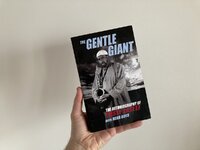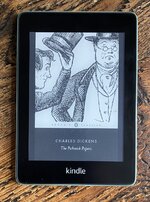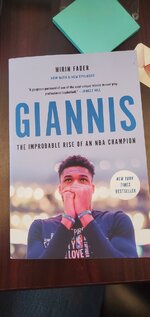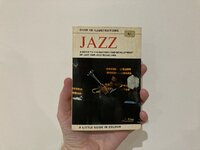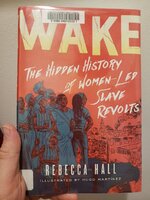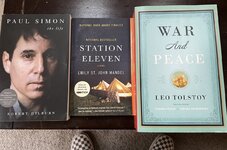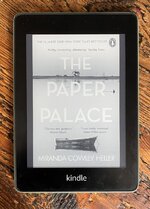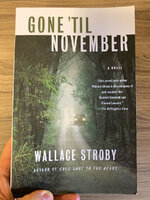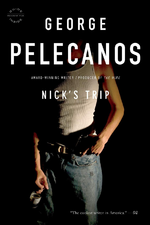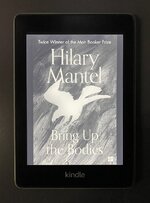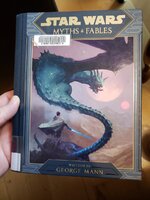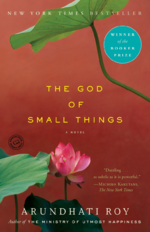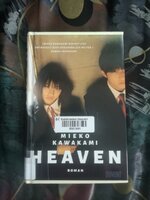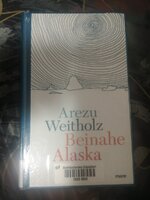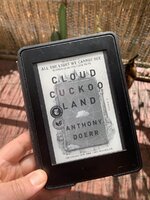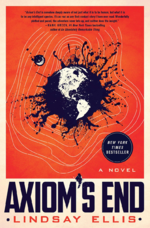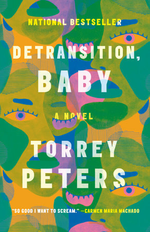Sorry for the massive info dump (I'll try to get more regular about posting as I finish), but here's my reading journey for the last month or so:
Book 10: Giovanni's Room by James Baldwin
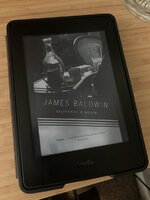
Great book, has been on my to-read list for a sinfully long time. I generally like midcentury American writing, especially from expats in Europe, so this was right up my alley. The story concerns a closeted American living in France, and the relationship that develops between himself and an Italian bartender while his fiancee is out of town. It was remarkable to read such an explicitly queer novel; I was expecting subtext and insinuations. Baldwin's excellent with words, and despite being such an insular novel with little incident, it really flew by.
Book 11: Uzumaki by Junji Ito
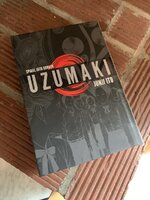
I've been an Ito fan for a little bit, mainly enjoying his short stories; the premises are always semi-mundane and sometime cartoonishly preposterous, but get under your skin nonetheless, and the art is Scary Stories to Tell in the Dark-level creepy. A friend lent me this novel, and it's been sitting on my shelf for months; after a bike ride together I resolved to knock it out.
And hey, it's freaking creepy! The premise is that an isolated Japanese town is cursed by the shape of a spiral. This curse manifests in different ways, and the book is basically a series of short stories about some spiral-related horror befalling a person or group of people. The main character and her boyfriend (especially the boyfriend) realize something is wrong with the town, and eventually (after a lot of truly fucked-up occurrences) decide to try and leave. One example of a silly-on-its-face story that really got to me was the snail: a perennially late classmate begins to become even slower and develops a spiral rash on his back. The rash hardens into a shell, and the student eventually turns into a giant snail. The body horror is unsettling, and as the town becomes more isolated and dangerous, people resort to cooking and eating snail people; at one point a group of survivors keep a slowly-transforming friend on a rope and openly discuss plans to eat him once he's all snail.
Good read, really creepy; found myself reading it quickly in order to not have to live with such abject dread.
Book 12: Slouching Towards Bethlehem by Joan Didion
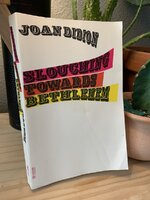
Love me some Joan; this is one of the few collections I haven't read. This was for a book club, and I was only halfway through when we met, then finished afterwards. The topic of Didion's political stances came up, as she wrote for the National Review, a pretty conservative publication. So then reading the rest of the title essay, as well as the other essays obliquely criticizing the political turmoil and searching of the 60s, felt interesting. Her writing is always a pleasure, and I really appreciate the way she's able to report without editorializing, yet makes her perspective abundantly clear.
Book 13: Rumi's Gold, Translated by Haleh Liza Gafori

I'm not much of a poetry person, so this was a departure for me. Rumi was a 13th-century poet from what is now Afghanistan. These poems were introspective and heartfelt; it may have been the translation, but I thought they were remarkably conversant as well as relatably contemporary in subject matter and approach. I've just cracked it every now and then and chewed on a few poems; not the worst way to spend some time.
Book 14: The Claw of the Conciliator by Gene Wolfe
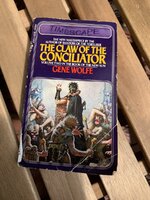
Part 2 of The Book of the New Sun, I really enjoyed rereading this one. Of the 4 books, this was the one I was most confused by on initial reading; a lot is revealed in a very oblique way, and a lot about the world and the larger plot is explained, mainly in the form of questions or occurrences the narrator doesn't understand and can barely describe. Again, Wolfe's writing is rewarding and humorous; he manages to both create and describe a world in a way that's utterly alien.
And currently, I'm a little over halfway through
Anthony Doerr's Cloud Cuckoo Land. So far my feeling is that it isn't bad (it's immensely readable), but it's also missing something for me. I'm trying to keep an open mind, but I'd say my major problem is that, while reviewers describe the book as weaving disparate stories/timelines together in a whole that transcends its parts, I'm still just seeing a book that jumps between three or four unrelated stories with thin thematic ties, and that each story would be immensely shorter if the structure didn't necessitate "ok now we're back in Constantinople, and let me remind you what was happening there when we last left..."
